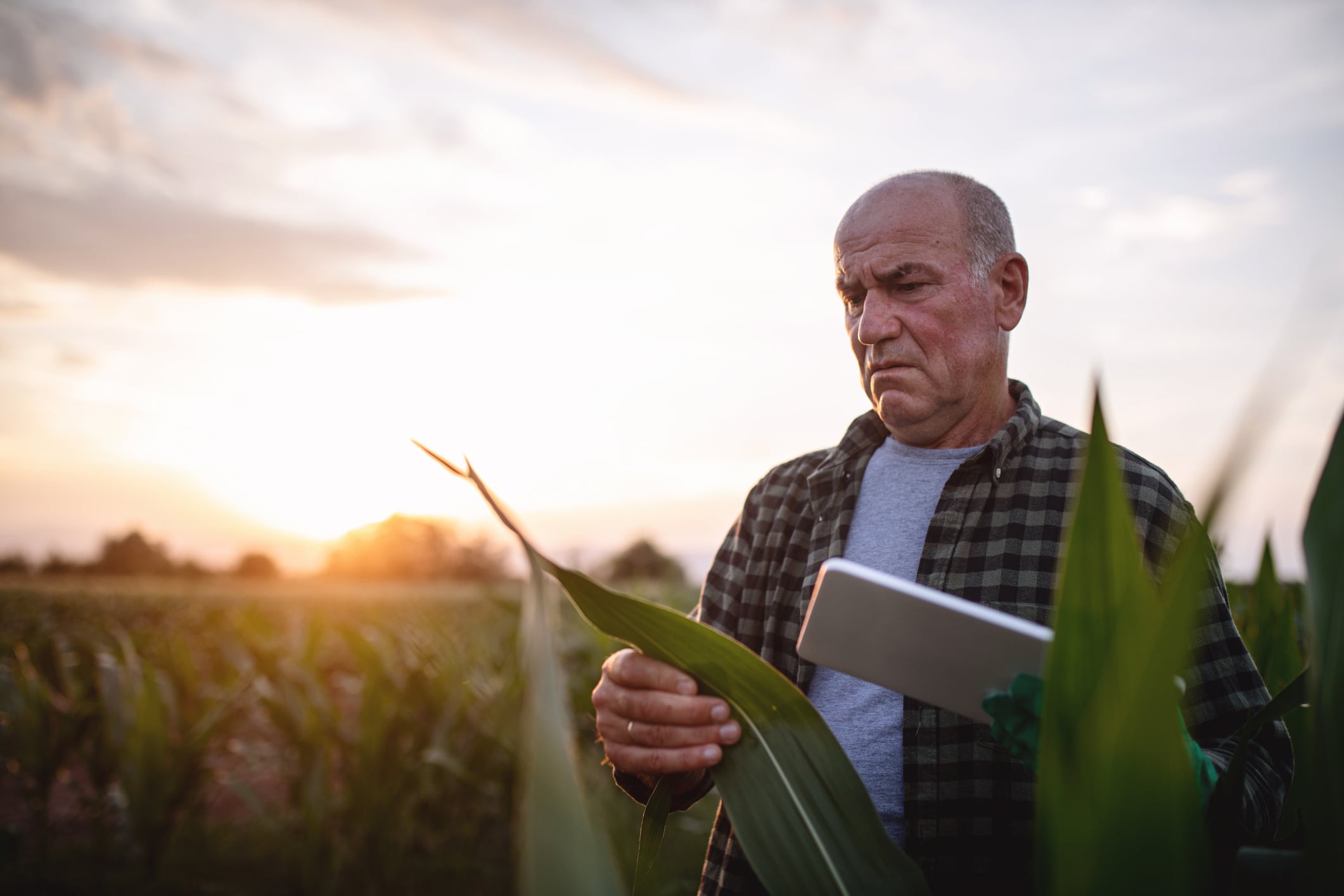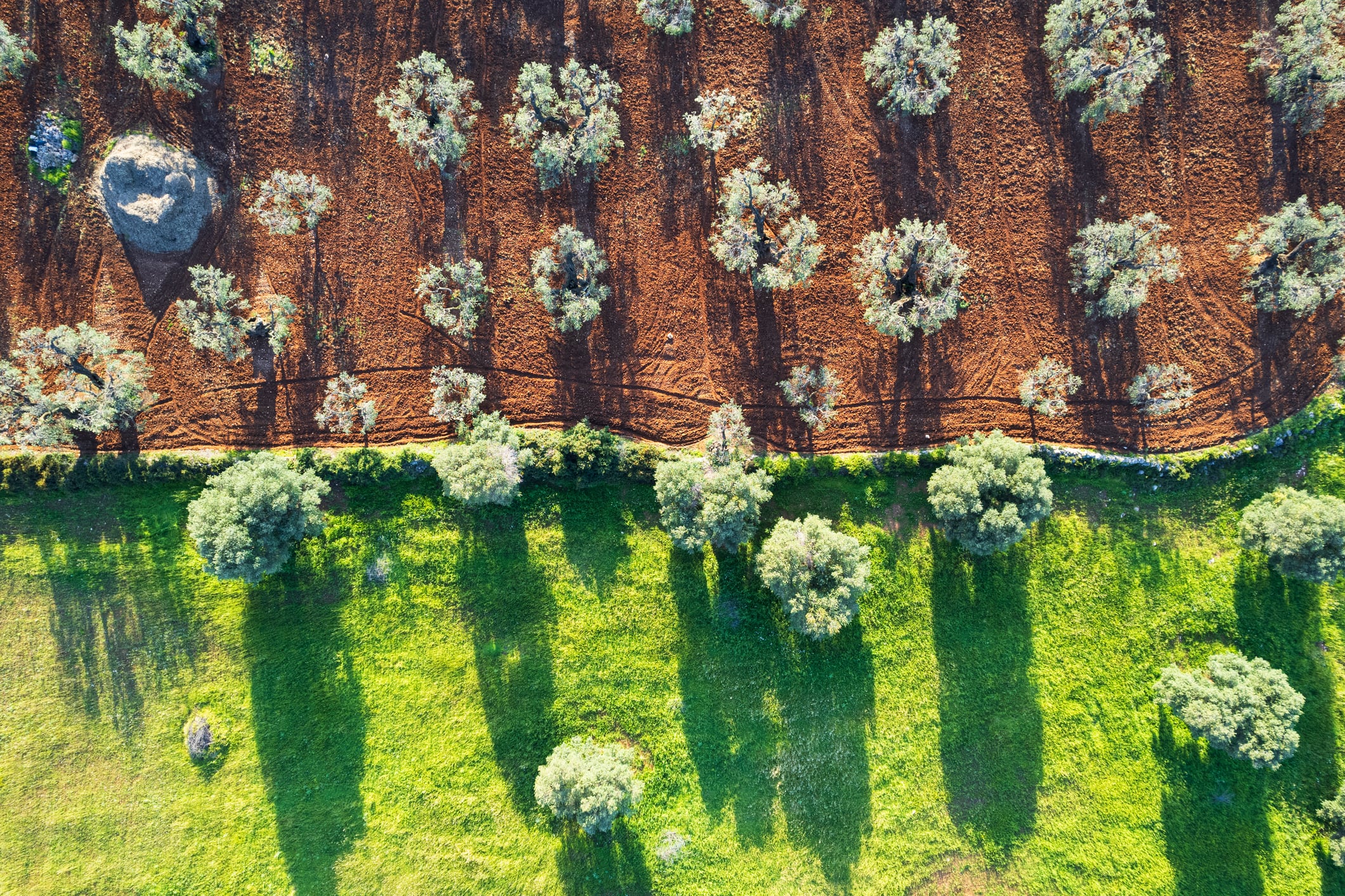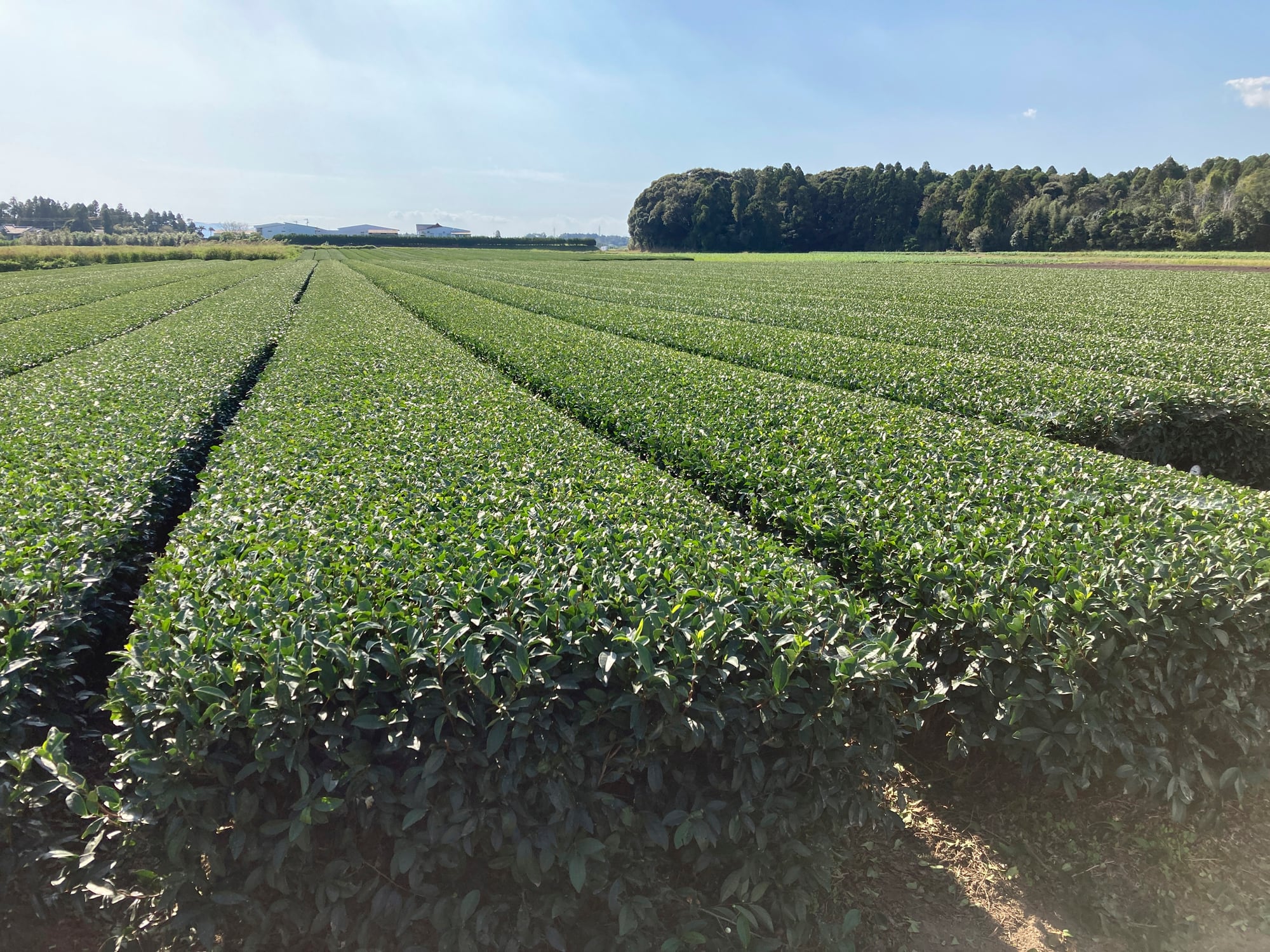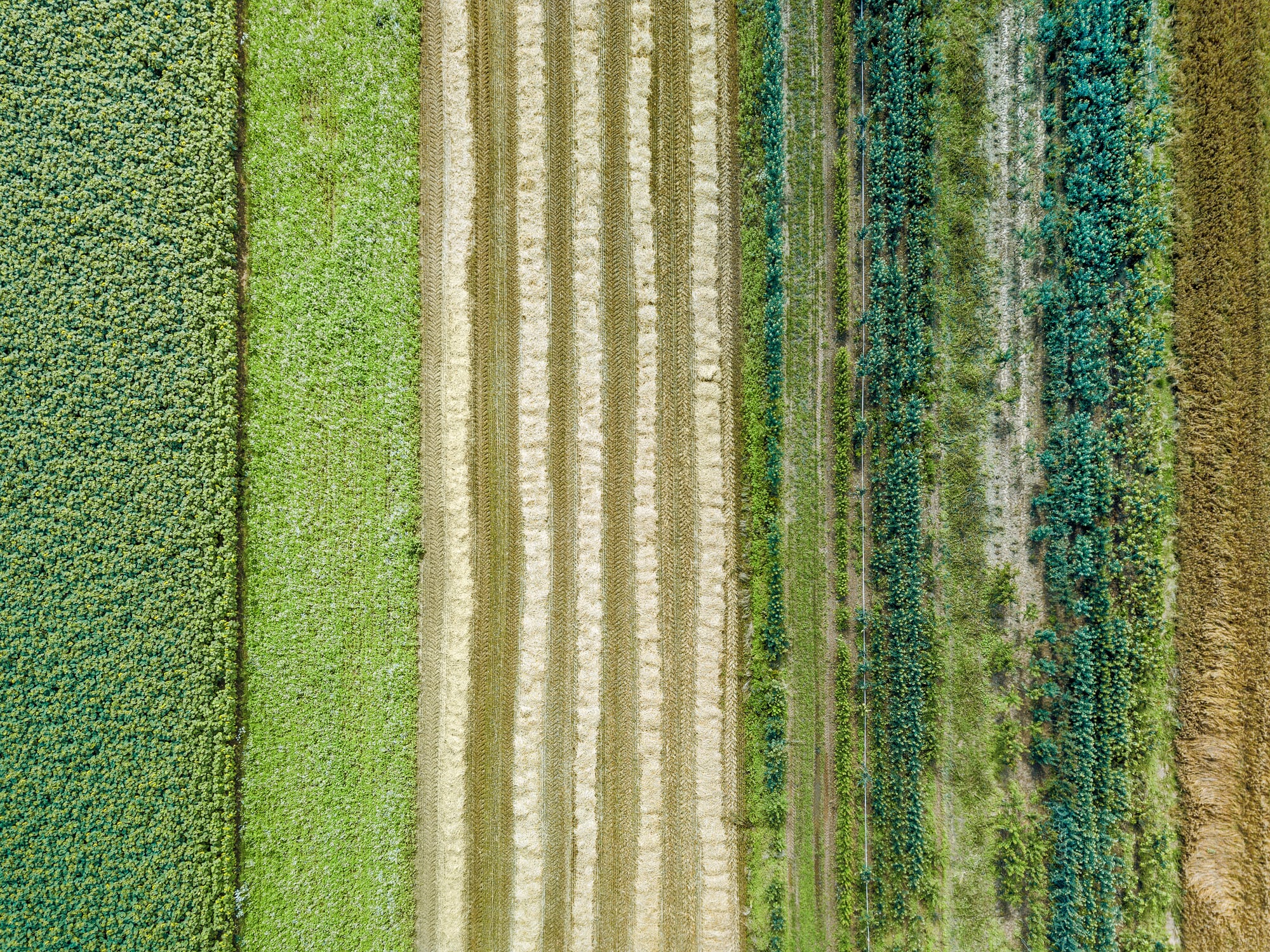Lithuania’s InSoil and Canadian Key Carbon say the partnership will spur adoption of regenerative agriculture across one million hectares of European farmland, potentially enabling the sequestration of over 35 million tonnes of atmospheric carbon dioxide (CO2) emissions.
The multi-year partnership marks InSoil’s (formerly HeavyFinance) largest raise to date. Zero-interest loans will be offered to farmers adopting regenerative agricultural practices in return for a fixed share of carbon credits.
The move will also fund the expansion of InSoil’s carbon farming business, currently operational in Poland, Lithuania, and Ukraine, which provides farmers with further technical and financial support in implementing these practices.
“As farmers across Europe face headwinds from climate change and global regulatory dynamics, financial and agronomic support from projects like these are critical to achieving the systemic shifts that achieve real impact in carbon sequestration and a more resilient food system,” said InSoil’s CEO Laimonas Noreika.
Getting paid for carbon
InSoil has already issued over €82 million in medium-term loans with an average loan amount of €31,000 to over 3,000 farmers in Poland, Lithuania, Latvia, Portugal and Bulgaria. Typical clients are crop farms of 50-500 hectares that the company says are often overlooked by traditional financial institutions. “In our debt portfolio, we also have a big variety of other farms starting from Port vineyards to shiitake mushrooms growers, to Aberdeen Angus beef farms,” Noreika told AgTechNavigator.
Through the agreement with Key Carbon, the company will be able to reach “more farmers, accelerate climate-positive outcomes, and deliver the kind of high-integrity credits the carbon market increasingly demands”, he insisted.
InSoil currently has 750,000 hectares of agricultural land enrolled through Green Loans and Carbon Farming Programme, and it aims to hit one million hectares by the end of 2026.
Between 2020 and December 2023, InSoil’s pilot project in Lithuania has removed or reduced more than 130,000 tonnes of greenhouse gas emissions. “Later this year, we will be issuing our first batch of carbon credits to the farmers whose land generated these results, which is a significant milestone and one of the first soil carbon credit issuances in Europe,” Noreika said.
Market bottlenecks
But the voluntary carbon market in Europe is still emerging, with the number of credits sold by farmers relatively small compared to other sectors.
Challenges such as complex registration, measurement difficulties, and high costs have limited widespread farmer participation in carbon markets across Europe.
These bottlenecks can be overcome, Noreika told us.
Because soil is a “critical carbon sink”, he said the company’s collaboration can unlock funds that help farmers generate high-quality, nature-based carbon credits that are scientifically validated and third-party verified in alignment with the EU Carbon Removals Certification Framework.
Carbon sequestration in agriculture is “a happy consequence of a healthy soil”, he added. Exploitative practices in agriculture including the extensive use of chemical inputs and excessive tilling have degraded the health of our soils and the content of soil organic carbon.
Farmers switching to conservational tilling, reduction of chemical inputs, the incorporation of organic fertilisers, and the incorporation of residue management plans, crop rotation and cover crops can revert this degradation.
“Measurement is at the heart of our approach,” Noreika noted. It combines multiple data streams such as field-level data, remote sensing and soil sampling to ensure accuracy and transparency.
Corporate engagement
There is an appetite for carbon offsetting and carbon credits among major corporate companies. Around two-thirds of the world’s 50 largest companies with net-zero targets plan to use carbon credits to help achieve their goals. High-profile examples include Microsoft, which recently announced a $200 million carbon offset deal.
But corporate engagement “is still not where it needs to be”, admitted Noreika. However, he believes progress is under way to answer questions on quality and integrity with greater rigor and transparency.
Organisations like the Integrity Council of the Voluntary Carbon Market and the Voluntary Carbon Market Initiative are helping, as is the EU Carbon Removals Certification Framework.
Fear of rejection
He cited fear of rejection for finance as the biggest obstacle for farmers transitioning to regenerative practices to create extra revenue from carbon credits.
There is a €62 billion financing gap in the EU agriculture sector, he said, with small and medium-sized farms most affected.
“For these farms, transitioning to more regenerative agriculture primarily requires adopting low soil disturbance practices. This step represents the most significant upfront investment in the regenerative journey. A no-till seeder alone can cost upwards of €75,000, and in many cases, it may also require the purchase of a more powerful tractor to operate effectively.
“Many farmers are so accustomed to being rejected by traditional financial institutions that fear of rejection has become a significant deterrent to seeking new funding or trying innovative practices.
Farmers need assurance that the transition will be economically viable in practice, he stressed.
“That’s why we work to de-risk the process, offering not just technical guidance but also support in accessing finance and navigating the carbon market. Our mission is to make regenerative agriculture both profitable and practical for every farmer, regardless of their starting point.”





